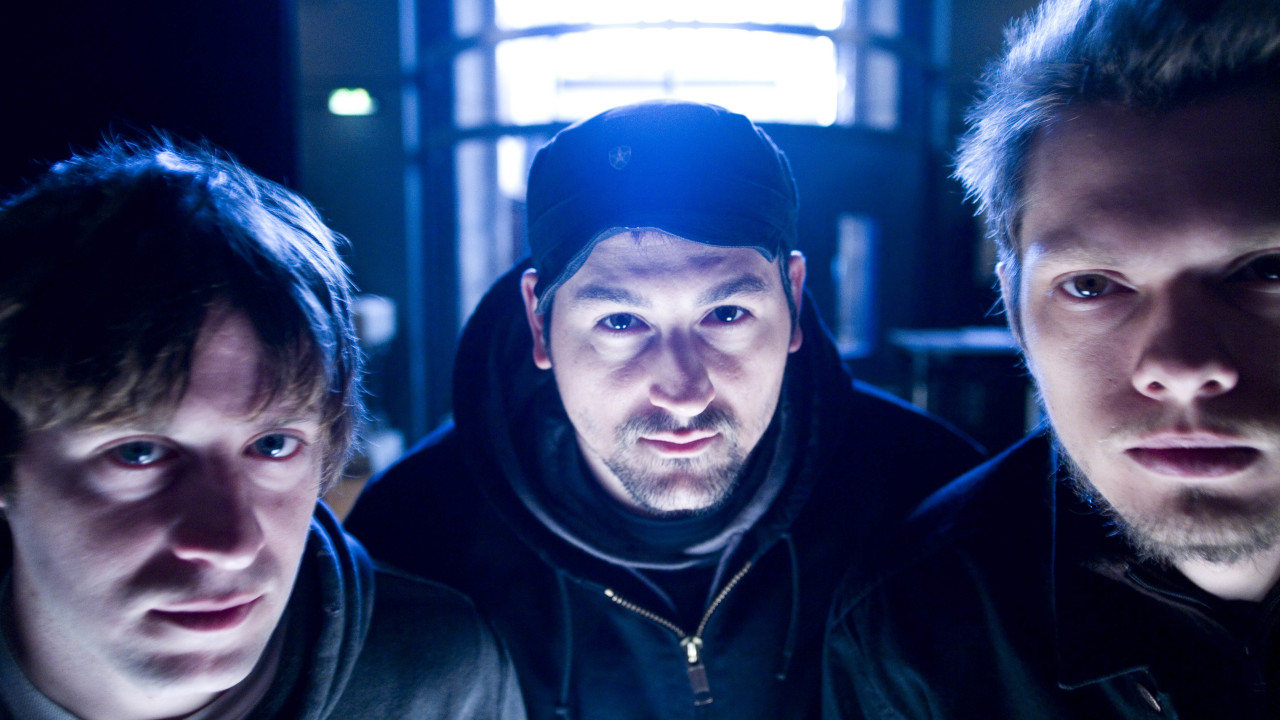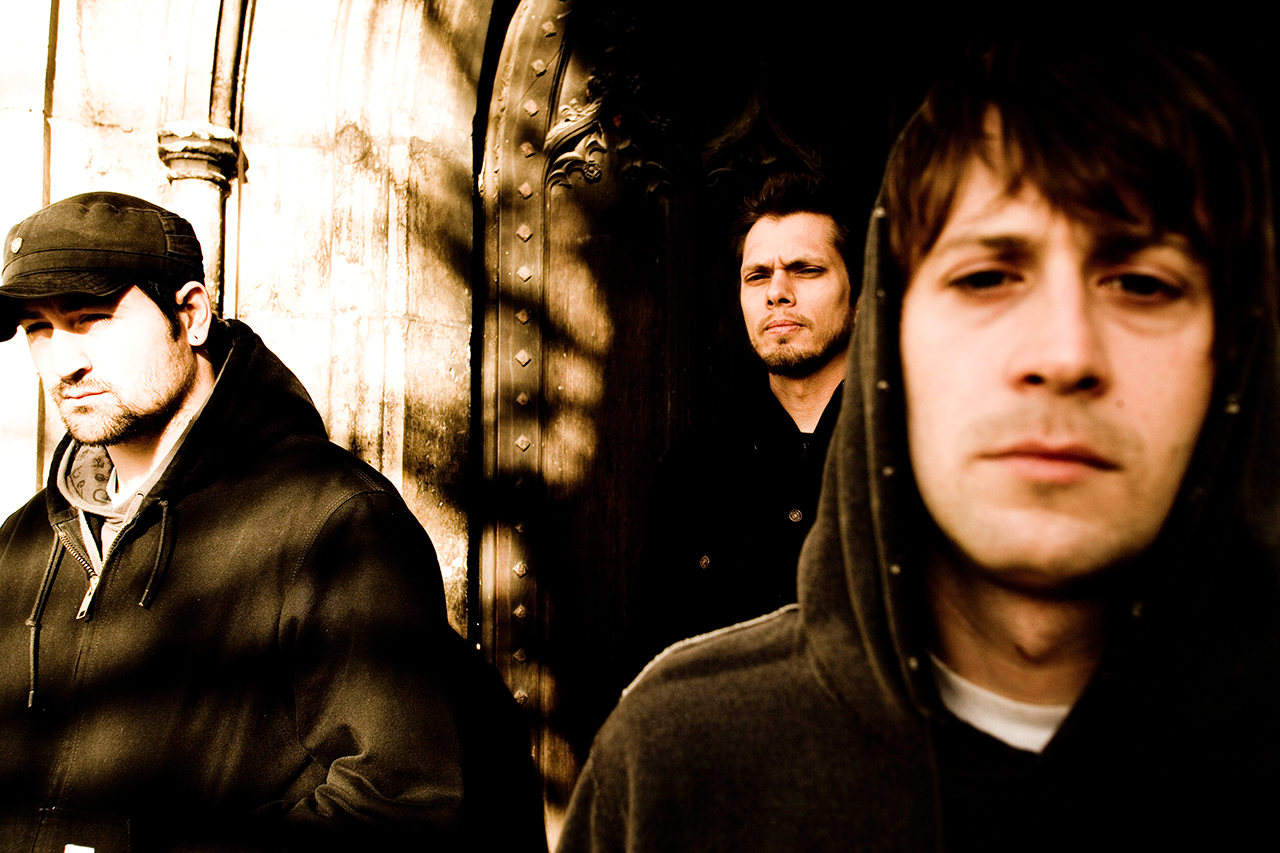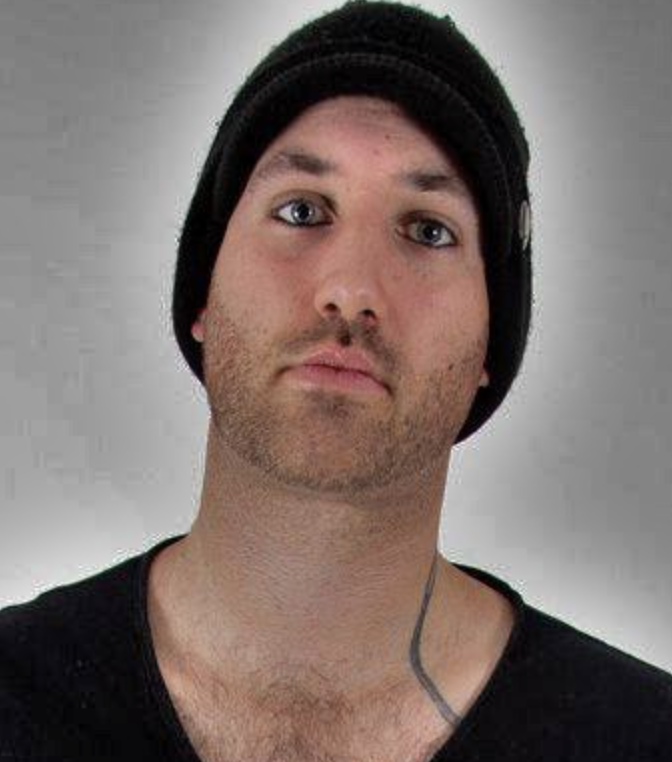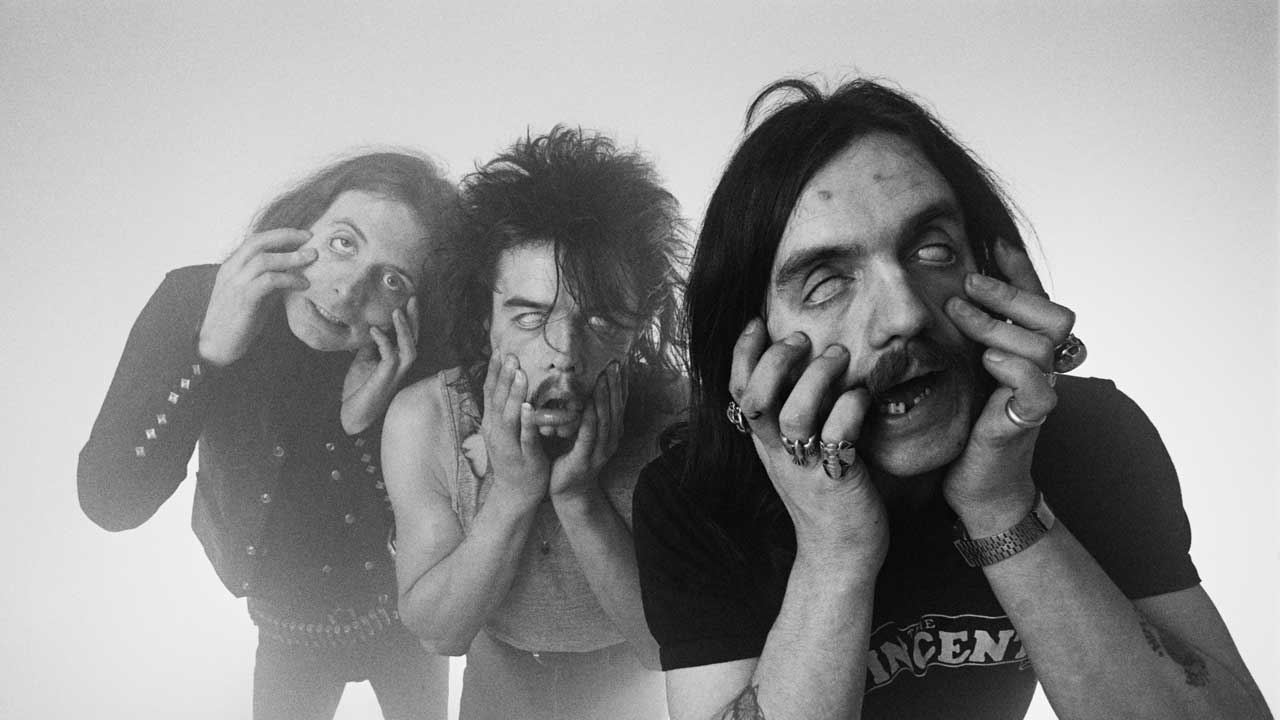Are Poison The Well the fathers of metalcore?
Examining Poison The Well's influence on metalcore

Select the newsletters you’d like to receive. Then, add your email to sign up.
You are now subscribed
Your newsletter sign-up was successful
Want to add more newsletters?

Every Friday
Louder
Louder’s weekly newsletter is jam-packed with the team’s personal highlights from the last seven days, including features, breaking news, reviews and tons of juicy exclusives from the world of alternative music.

Every Friday
Classic Rock
The Classic Rock newsletter is an essential read for the discerning rock fan. Every week we bring you the news, reviews and the very best features and interviews from our extensive archive. Written by rock fans for rock fans.

Every Friday
Metal Hammer
For the last four decades Metal Hammer has been the world’s greatest metal magazine. Created by metalheads for metalheads, ‘Hammer takes you behind the scenes, closer to the action, and nearer to the bands that you love the most.

Every Friday
Prog
The Prog newsletter brings you the very best of Prog Magazine and our website, every Friday. We'll deliver you the very latest news from the Prog universe, informative features and archive material from Prog’s impressive vault.
“I don’t think metalcore could have made such an impact without a band like Poison The Well,” says Devil You Know frontman Howard Jones. “I was going to see those guys before I was even in Killswitch Engage. Everyone in that scene thought that they were awesome.”
So why was their reunion greeted with little fanfare earlier this year? It could be argued that the Florida quintet created the blueprint for modern metal core, but have seemingly been relegated to no more than a side note?
Formed in 1997 under the moniker An Acre Lost, things didn’t really start moving for Poison The Well until the name change and debut EP Distance Only Makes The Heart Grow Fonder caught the attention of Trustkill Records in 1998. At the time the band were dual-fronted by Aryeh Lehrer and Duane Hosein, and their sound of metallic riffs amongst punk structures and a multi-layered vocal attack was alien to mainstream rock and metal at the time. The EP showed promise and Trustkill signed PTW in a move which would change not only the band’s career but the label suddenly became one of the most name-checked in the underground – going on to sign Hopesfall to Bleeding Through to name but two.
But it wasn’t all smooth sailing as both vocalists departed, leaving Jeff Moreira to step in as the band’s frontman. With the line-up now solidified, Poison The Well entered the studio to record their debut full length; The Opposite Of December… A Season Of Seperation.
It’s with no great exaggeration to say that TOOD is one of the most crucial albums in the development of metalcore. Listening to it today you can hear how it has been an influence of every band from Killswitch Engage to While She Sleeps. The staccato drum and guitar fill that starts album opener 12/23/93 has been ripped off by almost every band of that movement, and the moment it breaks down into a clean, emotional, melodic vocal line is the inception of a thousand and one musical clichés. The difference here is that, upon its release in 1999, this was as radical and heavy as music got. The Opposite Of December… swiftly became one of the most talked about albums in the underground – songs like Nerdy and Slice Paper Wrists are so furious, so passionate and so undeniably brilliant that Poison The Well were immediately catapulted into the role of hardcore’s great new hopes.
Mainstream media finally began to catch up when its follow-up, Tear From The Red, was released in 2001. Suddenly Poison The Well were being reviewed in magazines, tipped to break nu-metal’s stranglehold on rock and playing festivals with much more ‘commercial’ sounding bands. The shift had been acknowledged on TFTR, which, although filled with great songs, nodded towards more straight-ahead rock and metal rather than hardcore – Pieces Of You In Me sounds almost grunge-lite and the acoustic Horns And Tails showing PTW stretches the band in new directions. Purists may have raised an eyebrow, but it became the perfect catalyst to bring Poison The Well to a whole new audience.

Even so, the idea that a band of this ilk could sign to a major label was still pretty absurd in 2002. But that’s exactly what happened, Poison The Well inked a deal to Atlantic Records, at the time home to Craig David and En Vogue, for third full length You Come Before You in 2003. A slicker and better produced record than previous attempts, thanks to the talents of Swedish duo Pelle Henricsson and Eskil Lovstrom (who were picked after their work on Refused’s seminal The Shape Of Punk To Come), YCBY was the album that brought Poison The Well as close to the summit as they would ever reach. Songs like For A Bandaged Iris melded everything that made the band so intoxicating in the first place with a sheen that would see new identities formed by those who never heard PTW before.
Sign up below to get the latest from Metal Hammer, plus exclusive special offers, direct to your inbox!
Bury Tomorrow’s Davyd Winter-Bates was a young music fan in Southampton at the time, and is quick to give Poison The Well the credit he believes is due…
“I got into Poison The Well in late 2002 through the Tear From The Red album,” he tells us today. “It was dark, heavy and brooding, but with melody throughout, which never seemed out of place. A lot of our local bands at that time ditched the Funeral For A Friend style for a PTW sound and, as a result, sparked a huge hardcore/metalcore scene in Southampton. They were an integral band in the crafting of the metalcore/melodic hardcore sound pre-End Of Heartache era Killswitch Engage.”
It, of course, couldn’t last. The strain of touring left many members wondering if they could carry on (there have been eight bassists over the years), and it all came to a head in 2005. During early recording sessions for a new album, Poison The Well announced they had left Atlantic Records after ‘creative differences’. With no label the band continued to record regardless and were eventually picked up by Ferret records for 2007’s mostly ignored Versions. Four years without an album is a long time in music, and by this point metalcore had not only thrived commercially in their absence, but taken a fall after an endless supply of second-rate copycats. There are some excellent moments of Versions; the slow, stalking menace of Nagaina and the seething, slide guitar of Letter Thing being prime examples, but absence had not made the heart grow fonder for Poison The Well and the album slipped through the cracks.
2009’s confused and unfocussed The Tropic Rot followed before Poison The Well announced they would be going on hiatus on 14 July, 2010 to little surprise or sadness in the corridors of power.
All was quiet until in May of this year when Poison The Well reformed for two shows in the New York area with Moreira joined by other long serving members; guitarist Ryan Primack and drummer Chris Hornbrook. So far it’s been said that no more shows are planned, but if they can get it together it would be some story to see the band that never received their due for creating the buzz that ultimately led to everyone from Killswitch Engage to Miss May I to Architects. As Howard Jones himself will tell you, “If you’re a fan of any of those bands, this is the source to go back and check out. This is the original and the best.”

Stephen joined the Louder team as a co-host of the Metal Hammer Podcast in late 2011, eventually becoming a regular contributor to the magazine. He has since written hundreds of articles for Metal Hammer, Classic Rock and Louder, specialising in punk, hardcore and 90s metal. He also presents the Trve. Cvlt. Pop! podcast with Gaz Jones and makes regular appearances on the Bangers And Most podcast.
